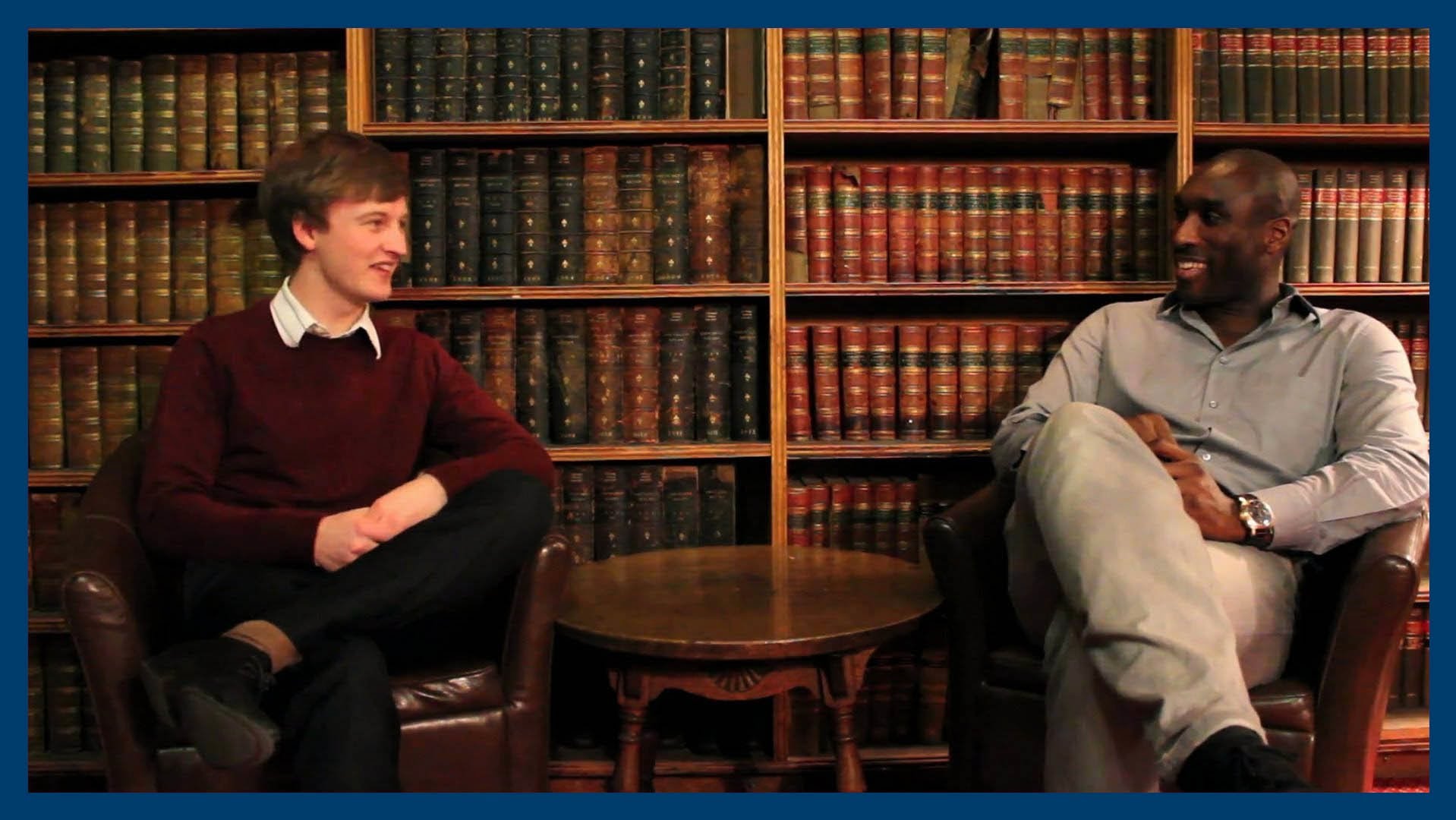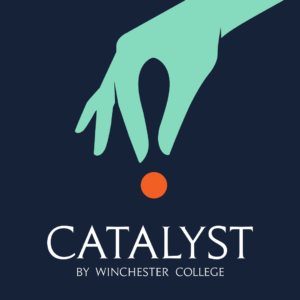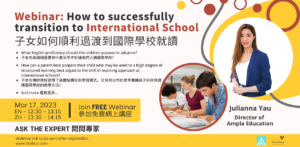January 8, 2018 | Julia Apthorp
English is the second most spoken language in the world and the lingua franca [1] in business and popular culture. No wonder millions across the world spend plenty of time and money to learn a language that will boost their careers and ability to communicate in an increasingly globalised society. For those of you contemplating boarding school or university in the UK or the US, sharpening your grasp of English to a standard where conversation flows naturally will reap benefits for both your studies and settling into an exciting, if alien, social environment. In this article, I’ll be addressing some of the common questions and pitfalls that come with studying English as a second language.
I’ve spent hours and hours poring over textbooks and plenty of money on private tuition – none of it seems to work!
Textbooks and private tuition should of course give you good academic foundations in the English language, but language is not a purely academic exercise. Language is alive and used by people in the real world to communicate and express emotions. Moreover, it constantly changes according to popular culture and local slang. Getting to grips with these nuances requires you to live the English language. Find media and material that interest you and make learning a new language enjoyable – you could watch Premier League football or American TV shows, or other cultural exports that come from English speaking countries. If there are books that you enjoy reading, try listening to the corresponding audiobook as well. These will all expose you to real spoken English and help you achieve natural pronunciation of often oddly spelt words.

Once you’re comfortable with the basics, go and practice your English in environments that will test you and force you to correct your mistakes. Get involved in clubs and organisations that work in English – these could be anything from online forums to sports teams. Most importantly, remember that you’ll get the most out of these activities if you relax and enjoy them as well as using them to practice your English. Ideally, you should eventually be able to enjoy whatever activity you’ve chosen and forget that you’re speaking in a second language at all!
What about the exams that I will have to do for English? I’ve heard that GCSE/IGCSE English is hard to succeed in.
The flipside to the above advice is that popular culture often does not demonstrate the high standard of literacy needed for exams for English as a first language. There’s a reason behind most native English speakers not getting an A* in these papers! Furthermore, the mark schemes for exam papers and coursework can be entirely arbitrary in what they look for. I’d suggest four approaches that can help to overcome these hurdles:
- Reading high quality material becomes more important in attaining the required level of literacy for these exams. Focus on respected publications that target educated audiences, such as The Financial Times and The Economist. Their authors typically write in a succinct and informative manner that is helpful in preparing for these exams.
- Maintain a curiosity in learning a new language – always have a dictionary (or Google) to hand when reading so that you can look up new and unfamiliar words. Make a note of them in a little book so that you can build your vocabulary over time.
- If your school teaches Latin (and Ancient Greek), try to make the most of these classes, even if classical literature does not appeal to you. The grammar and structure of these languages underpins that of many Western languages, including English. Many of their grammatical structures and complexities also exist in English, but are rarely included in the syllabus for English in schools. This contrasts with education in continental Europe, such as France, where grammar is considered very important – sometimes to the point where the focus on grammar is criticised as ‘obsessive’.
- Discipline in ‘playing the system’ is sometimes necessary. Where mark schemes are available, read them in detail to see what boxes you need to tick. Where you’re allowed a number of attempts to refine your coursework, use them all to get the highest possible grade so that you have as many marks in the bank as possible ahead of the more unpredictable exam papers.
There can at least be a reward for your efforts here. A good grade in English will convince universities and employers of your fluency – if it’s your second language, you’ll be seen as bilingual, which is an impressive accolade in itself.
But what if I only want to study science at university?
I’ve often been told that the standard of my written (and spoken) English is high – if a little verbose – even if I’ve only studied science subjects at school and university since the age of 16. This highlights not only the (obvious) fact that focusing on sciences does not necessarily deprive somebody of articulate English, but more importantly that strong communication skills are essential in any field of work or study. Studying Natural Sciences required essay writing in both examinations and my dissertation – even if the quality of English was not specifically assessed, clear communication of your ideas helps the examiner to give you credit commensurate to your abilities. The same applies to my present job in business as a strategy consultant – the depth and rigour of my analysis is of little value if I cannot communicate my insights to my team or clients.
Ultimately, learning English as a second language will be a ‘catch up’ exercise in comparison with native speakers who have spoken the language all their lives. It will take time and commitment to reach fluency, but the rewards for this are plentiful. And once you have reached a certain standard of English, it does become easier to maintain that standard – the importance of English in today’s world means that you won’t be short of opportunities to practice!
And yes, Julia did get an A* in IGCSE English!
[1] Common language
To find out more about Ampla Education’s enrichment classes, contact us at info@ampla-edu.com
________________________________________________________________________
______________________________________________________________
Julia obtained BA and MSci degrees in Natural Sciences from the University of Cambridge, specialising in Chemistry, where she was also a Flight Commander on Cambridge University Air Squadron in the RAF. She has worked as a strategy consultant in London and now focuses on strategy work in the TV and Media industry. With her broad range of experiences, she is able to offer interview coaching to Ampla’s students in a wide variety of contexts.
________________________________________________________________________
______________________________________________________________
© Ampla Education – Unauthorised use of this material without permission is strictly prohibited. Excerpts and links may be used, provided that full credit is given to Ampla Education.



















